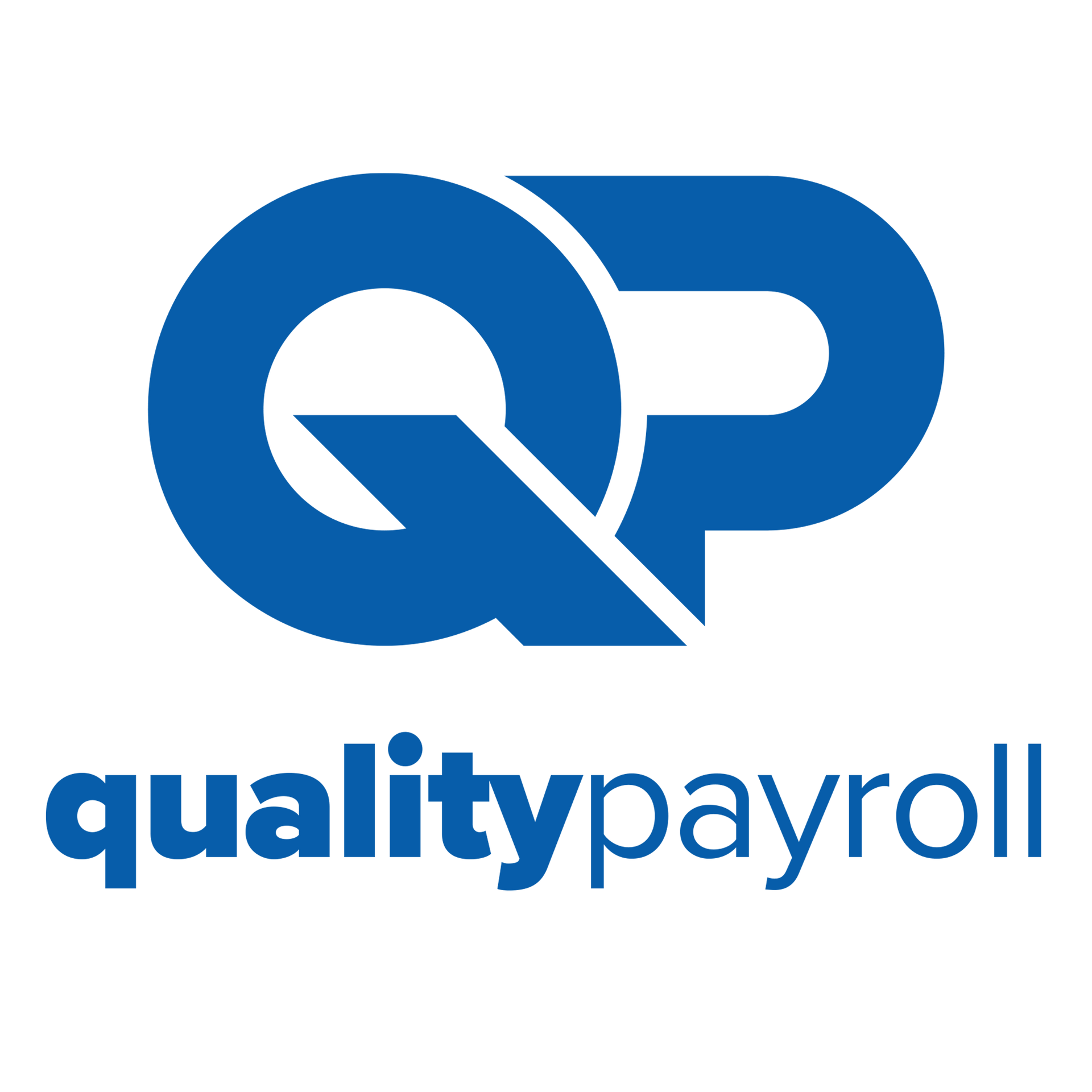Understanding Employee Benefits: A Guide for Small Business Owners
Navigating the landscape of employee benefits is often one of the most challenging aspects of running a small business. Yet, offering a robust benefits package is essential not only for attracting top talent but also for keeping your current team engaged and loyal. For small business owners, the key lies in understanding the different types of benefits available, their impact on employee satisfaction, and how to balance cost with value. This guide will walk you through the essentials, from health insurance and retirement plans to flexible benefits and effective communication strategies.
Why Employee Benefits Matter for Small Businesses
Employee benefits are more than just perks—they are a critical part of the overall compensation package and play a significant role in workforce retention and satisfaction. Many employees consider benefits to be one of the most important factors in their job satisfaction, and some say they would leave their current employer for one with better benefits.
For small businesses, where resources are often limited, offering thoughtful and competitive benefits can set you apart from larger competitors. Not only do benefits help you attract and retain talent, but they also improve morale, productivity, and even your company’s reputation.
Core Employee Benefits: What Should Small Businesses Offer?
When designing a benefits package, it’s essential to start with the basics. The most common and valued employee benefits include:
Health Insurance
Health insurance continues to be the cornerstone of any employee benefits program. It’s not just expected by most full-time employees—it’s often a deciding factor in accepting or remaining in a job. Approximately 49% of Americans receive health insurance through their employer, highlighting the importance of this benefit.
Small businesses have several options when it comes to health insurance, including group health plans, Health Reimbursement Arrangements (HRAs), and even SHOP (Small Business Health Options Program) plans through the Affordable Care Act. Quality Payroll & Benefits can help you navigate these choices to find the best fit for your business and your team.
Retirement Plans
Offering a retirement plan is another effective way to demonstrate long-term investment in your employees’ futures. Options like 401(k) plans, SIMPLE IRAs, and SEP IRAs are commonly used by small businesses. Only 53% of private industry workers have access to employer-provided retirement plans, making this a powerful differentiator for your business.
Paid Time Off (PTO)
Paid time off, including vacation, holidays, and sick days, is highly valued by employees and contributes to a healthy work-life balance. PTO policies can be flexible based on your company’s needs, and even a modest offering can have a significant impact on employee well-being.
Flexible Benefits: Meeting Diverse Employee Needs
Every workforce is unique, and today’s employees increasingly expect flexibility in their benefits. Flexible benefits arrangements, also known as “cafeteria plans” or Section 125 plans, allow employees to choose from a menu of pre-tax benefit options that best suit their individual needs. These might include health savings accounts (HSAs), flexible spending accounts (FSAs), dental and vision coverage, or even commuter benefits.
By offering flexibility, you empower your employees to build a benefits package that truly fits their lifestyle, which can greatly enhance satisfaction and loyalty. At Quality Payroll & Benefits, we help small businesses design flexible benefits plans that are both compliant and cost-effective.
Balancing Cost and Competitiveness
One of the biggest challenges for small business owners is balancing the desire to offer competitive benefits with the reality of budget constraints. The good news is that you don’t have to choose between affordability and quality. Here are a few strategies to help you strike the right balance:
- Start with the essentials. Focus on the benefits most valued by employees—typically health insurance, retirement plans, and PTO.
- Leverage tax advantages. Many employee benefits are tax-deductible for employers and can be offered on a pre-tax basis to employees, reducing the overall cost.
- Explore group rates. Joining an industry association or partnering with a payroll and benefits provider like Quality Payroll & Benefits can help you access better rates and plan options.
- Communicate the value. Sometimes, the true value of a benefits package is not in its monetary cost but in how well it’s tailored to meet your employees’ needs.
80% of employees are more likely to stay with an employer that offers a good benefits package, even if the salary is slightly lower.
Effective Communication: Helping Employees Understand Their Benefits
No matter how competitive your benefits package is, it will only have the desired impact if your employees understand and appreciate what you’re offering. Communication is key. Here’s how you can make sure your team is informed and engaged:
- Host informational sessions. Regularly schedule meetings to review benefits options, answer questions, and highlight any new offerings.
- Provide clear, accessible materials. Offer easy-to-understand guides and FAQs, both in print and online.
- Encourage one-on-one conversations. Sometimes, employees need personalized guidance to select the right benefits. Make it easy for them to ask questions and get advice.
At Quality Payroll & Benefits, we work closely with small businesses to ensure benefits communication is clear, consistent, and effective.
The Bottom Line: Building a Stronger Team Through Thoughtful Benefits
Offering competitive employee benefits is not just about compliance or keeping up with the competition—it’s about building a workplace where people feel valued and supported. By understanding the different types of benefits, providing flexibility, and communicating effectively, small business owners can create a benefits package that helps their team—and their business—thrive.
If you’re ready to take the next step in building a stronger benefits program, contact Quality Payroll & Benefits today to see how we can support your small business every step of the way.










